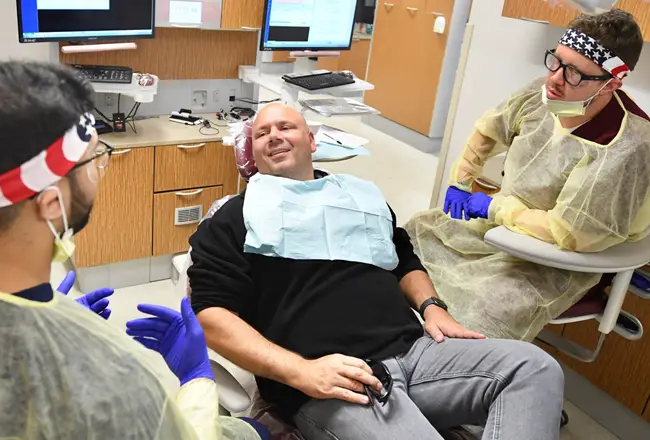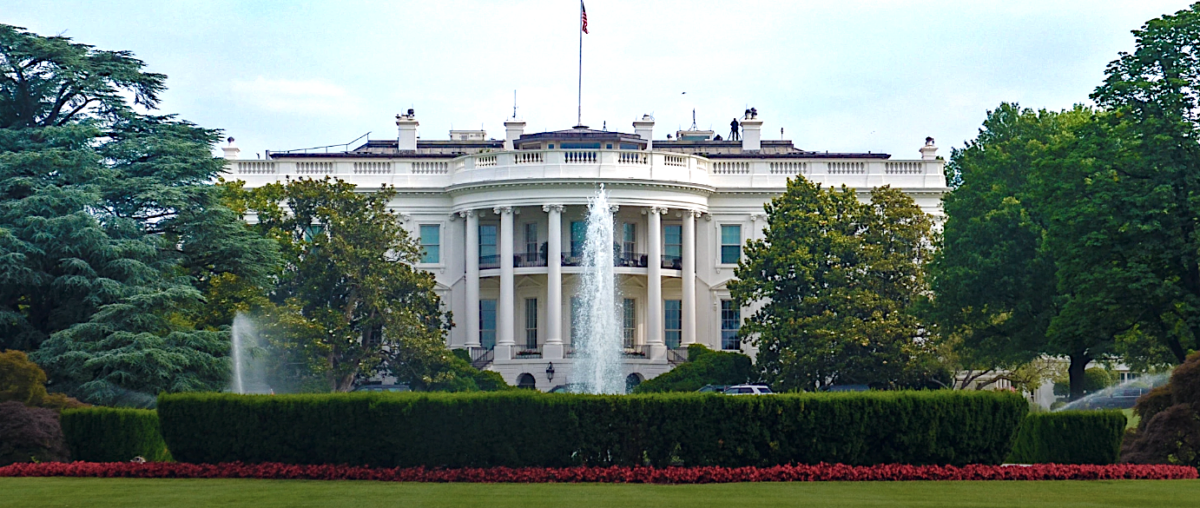Connecticut Senate Republicans have released an alternative to Gov. Ned Lamont”™s ambitious ”“ and controversial ”“ CT2030 transportation plan, with the key difference being the absence of tolls.
The alternative plan, Fiscal Accountability & Sustainable Transportation Reform CT (FASTR CT), would use $1.5 billion of the state”™s projected $2.9 billion budget reserves (Connecticut’s “rainy day fund”) to pay down pension liabilities, producing an annual savings of $130 million that would then be spent on transportation infrastructure.
An additional $100 million would be realized by redirecting annual borrowing ”“ including spending on the likes of school construction, higher education and renovations to state buildings ”“ into transportation.
The GOP rolled out the plan at 11 a.m. today, just a few hours after Senate Democrats indicated they were not willing to back Lamont”™s 10-year, $21 billion initiative. That CT2030 includes 14 toll gantries around the state ”“ down from Lamont”™s original plans, which called for 50 to 80 ”“ appeared to be the main reason for the governor”™s fellow Democrats to withdraw their support.
While not flatly rejecting the plan, Senate President Pro Tem Martin Looney has expressed concerns over how approving tolls could cost his party the 22-14 majority it now has in the Senate and the 91-60 majority it has in the House as the 2020 elections grow nearer.
Republicans have long opposed tolls of any kind, something that was affirmed on Thursday morning.
“We recognize the hard work that Gov. Lamont has put into his CT2030 plan, but we do not support tolls, which is why we worked to offer this no-tolls alternative,” Senate Minority Leader Len Fasano said. “We developed FASTR CT to show there is another way to invest in transportation and grow jobs in a manner that is sustainable and accountable to taxpayers ”” all without tolls.”
The governor maintains that CT2030 would bring in about $320 million annually, revenue that would be used to leverage low-cost financing from the federal government for the $21 billion in highway and other transit improvements.
FASTR CT also depends on low-interest federal financing and the transfer of sales tax receipts from the budget”™s general fund into the transportation program. The Republican plan would raise about $230 million in revenue a year which, along with the loans and other funding, would total $18 billion by 2030.
Lamont and other Democratic leaders have yet to respond to the GOP’s plan.














